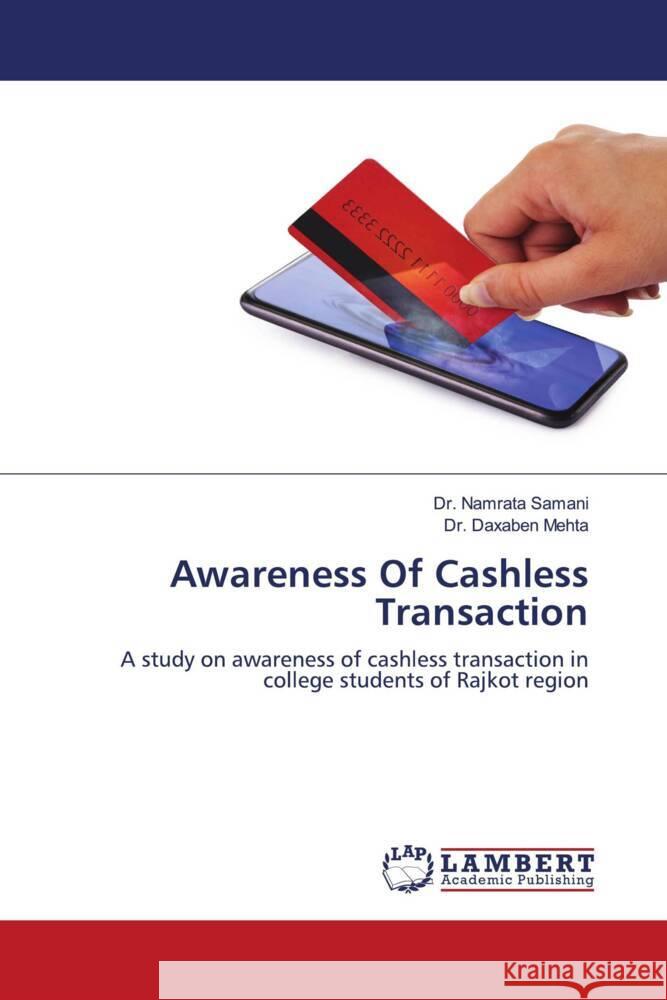Awareness Of Cashless Transaction » książka
Awareness Of Cashless Transaction
ISBN-13: 9786206780762 / Angielski / Miękka / 188 str.
A cashless society describes an economic state whereby financial transactions are not conducted by money in the form of physical banknotes or coins, but rather through online payments and transfer the money by digital instrument. It has the potential to be very helpful for central government and economies in the context of global negative inflation and control of the money supply. Many countries have regulated, restricted, or banned private digital currencies such as Bitcoin. While helpful to the global economy and to the fight against crime and terrorism, many concerns have been raised over "dangerous" unintended consequences. India continues to be driven by the use of cashless however the finance minister, in a 2016 budget speech, talked about the idea of making India a cashless society, with the aim of curbing the flow of black money. Even the RBI has also recently unveiled a document - "Payments and settlement systems in India: vision 2018" - setting out a plan to encourage electronic payments and to enable India to move towards a cashless society or economy in the medium and long term. A cashless economy is one in which all transactions are done using cards or digital means.











